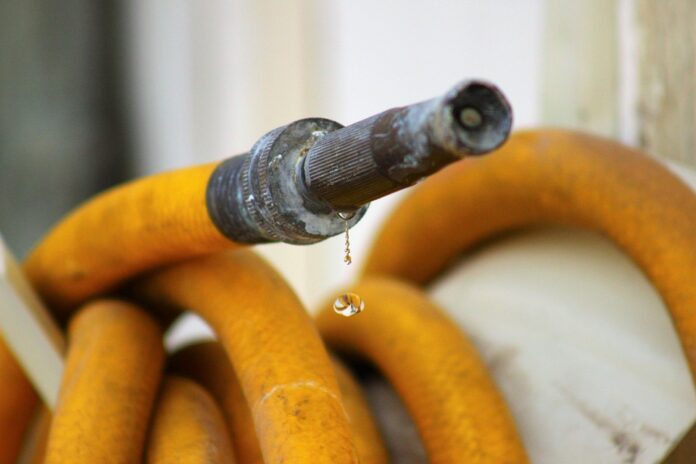Climate Risk and the Role of Irrigation Infrastructure Resilience
Climate change is one of the most pressing issues of our time, with its far-reaching impacts on various aspects of our lives, including agriculture. In the face of changing weather patterns, increasing temperatures, and more frequent extreme weather events, the need for resilient irrigation infrastructure has become more critical than ever.
The Importance of Irrigation Infrastructure Resilience
Irrigation plays a crucial role in ensuring food security and supporting agricultural productivity. However, climate change poses significant risks to irrigation systems, including droughts, floods, and water scarcity. Without resilient infrastructure, farmers are at risk of losing their crops, livelihoods, and income.
Investing in resilient irrigation infrastructure is essential to mitigate the impacts of climate change on agriculture. This includes adopting innovative technologies, such as drip irrigation and smart water management systems, to ensure the efficient use of water resources and reduce vulnerability to climate-related risks.
Financial Implications of Climate Risk on Irrigation Infrastructure
The financial implications of climate risk on irrigation infrastructure are substantial. According to a report by the World Bank, climate change could cost the global economy $520 billion annually by 2050 if no action is taken to adapt to its impacts. This includes the costs of repairing and rebuilding damaged irrigation systems, as well as the loss of agricultural productivity and income.
Furthermore, insurance companies are increasingly recognizing the risks associated with climate change and are adjusting their premiums accordingly. For example, Swiss Re, one of the world’s largest reinsurance companies, has stated that climate change is a significant factor in determining insurance rates for agriculture-related risks.
Industry Insights on Building Resilient Irrigation Infrastructure
In response to the growing threat of climate change, the irrigation industry is focusing on building more resilient infrastructure. Companies like Lindsay Corporation, Valmont Industries, and Jain Irrigation Systems are investing in research and development to develop innovative solutions that can withstand extreme weather events and ensure the sustainable use of water resources.
Lindsay Corporation, a leading provider of irrigation systems, has been at the forefront of developing technologies that improve water efficiency and reduce the environmental impact of agriculture. Their FieldNET platform, for example, allows farmers to remotely monitor and control their irrigation systems, optimizing water use and reducing energy costs.
Valmont Industries, another key player in the irrigation industry, has been investing in advanced irrigation technologies, such as center pivot and linear irrigation systems, to enhance water management and increase crop yields. Their focus on sustainability and resilience has positioned them as a leader in the market.
Jain Irrigation Systems, a global provider of irrigation solutions, has been working on developing climate-smart technologies that can adapt to changing weather patterns and ensure the long-term sustainability of agriculture. Their drip irrigation systems, for instance, have been proven to reduce water consumption by up to 50% compared to traditional irrigation methods.
Conclusion
In conclusion, climate change poses a significant threat to agriculture, particularly in terms of irrigation infrastructure. Building resilient irrigation systems is essential to adapt to the impacts of climate change and ensure food security for future generations. By investing in innovative technologies and sustainable practices, companies in the irrigation industry can play a crucial role in mitigating the risks associated with climate change and building a more resilient agricultural sector.




